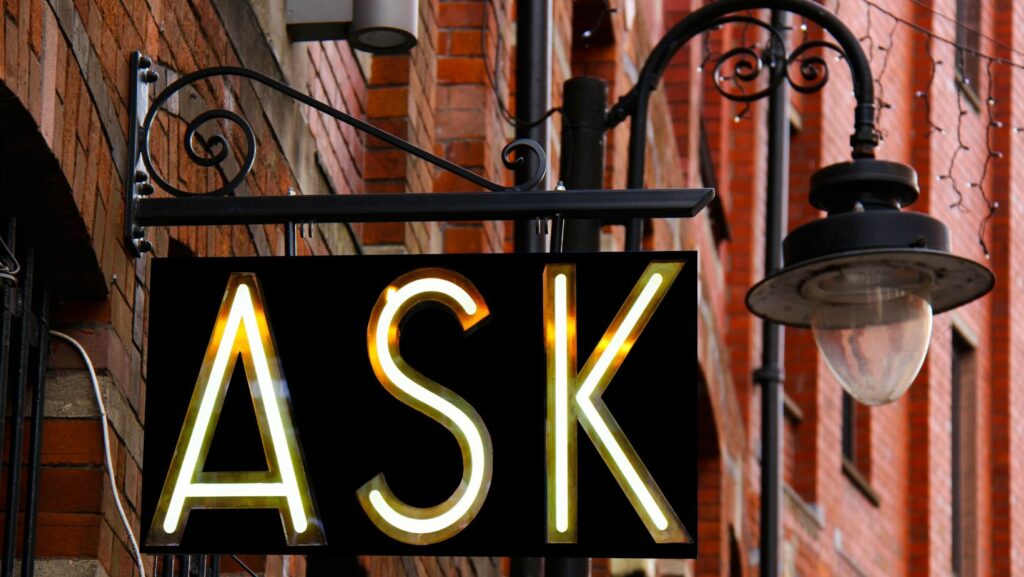When an ordinary person accuses a powerful figure—an entertainer, politician, CEO, or influencer—the consequences can feel more like punishment than justice. Despite movements like #MeToo and high-profile court cases, the act of speaking out still carries a steep personal cost. The legal system might offer a path to accountability, but the court of public opinion often becomes its own brutal battleground.
In theory, anyone harmed by another person should be able to come forward, share their story, and seek justice. In reality, when the accused has money, status, and a loyal fanbase, the process can feel like standing in front of a speeding train.
Why Power Imbalances Still Matter
We like to believe in fairness. That truth will prevail. But social power doesn’t disappear in a courtroom—it follows people in. Wealth can buy a legal dream team. Fame can sway public perception. Influence can be used to shape the narrative before a victim even files a claim.
When accusers step forward, especially in cases of sexual assault or misconduct, they’re not just dealing with the trauma of what happened—they’re bracing for what comes next.
Online Abuse Is the New Gag Order
Survivors often face waves of online harassment: threats, doxxing, and public shaming. In many cases, these attacks are organized, with armies of fans or PR teams pushing back against the allegations. Algorithms amplify the chaos, spreading rumors and misinformation far faster than facts.
In the case of Evan Rachel Wood, who accused musician Marilyn Manson of abuse, the backlash was immediate and relentless. Manson denied the claims, and soon after, lawsuits, countersuits, and online smear campaigns dominated the narrative.

In 2024, a similar pattern emerged around lawsuits involving Sean “Diddy” Combs and other public figures. Allegations were met with swift public denials, legal threats, and counter-lawsuits aiming to discredit the accusers.
Legal Tactics Can Feel Like Retaliation
It’s not just about reputation. Victims who file suits often find themselves facing aggressive legal responses: defamation countersuits, demands for public retractions, and motions to unseal personal history.
Many don’t realize that once they speak out, their lives are placed under a microscope. Defense teams will dig for inconsistencies, past mistakes, or anything that can be used to shift focus from the accused to the accuser.
And if the survivor lacks legal resources? It’s easy to get overwhelmed. That’s where attorneys like Tony Buzbee come in. Known for taking on powerful opponents, Buzbee has represented individuals in high-stakes cases, including victims of offshore explosions and alleged sexual assault. He once said, “We don’t just fight for the client in front of us. We fight for the people who come after them, too.”
Attorneys like Buzbee level the playing field, helping victims who may not have the financial or social capital to stand up alone.
The Emotional and Financial Toll
Even when justice is served, it doesn’t erase what happens along the way. Many survivors lose their jobs, their social support, or their peace of mind. Some go into hiding. Others retreat from public life completely.
A 2020 report by the National Sexual Violence Resource Center found that 70% of sexual assault survivors experience moderate to severe distress, more than any other violent crime. In addition to public scrutiny and legal pressure, it becomes clear why so many choose to stay silent.
Why Some Choose Not to Go Public
Sometimes, survivors choose not to press charges at all. Not because the harm wasn’t real, but because the cost of seeking justice is just too high.
Fear of not being believed. Fear of retaliation. Fear of having their identity reduced to a single traumatic experience.

And that fear is not unfounded. For every case that ends in a high-profile conviction or settlement, there are dozens more that fade quietly. The accused may walk away with their reputation intact. The survivor may carry the scars forever.
Changing the Narrative
For things to change, society needs to stop asking, “Why did they wait to come forward?” and start asking, “Why is it so hard to speak up?”
Legal reforms, better victim protections, and stricter penalties for retaliatory lawsuits are all steps in the right direction. But the real work starts with listening—believing survivors, even when the accused is someone we admire.
Because justice shouldn’t depend on your follower count, your bank balance, or your PR team. It should depend on the truth.
And right now, for many, telling the truth is the riskiest move of all.



